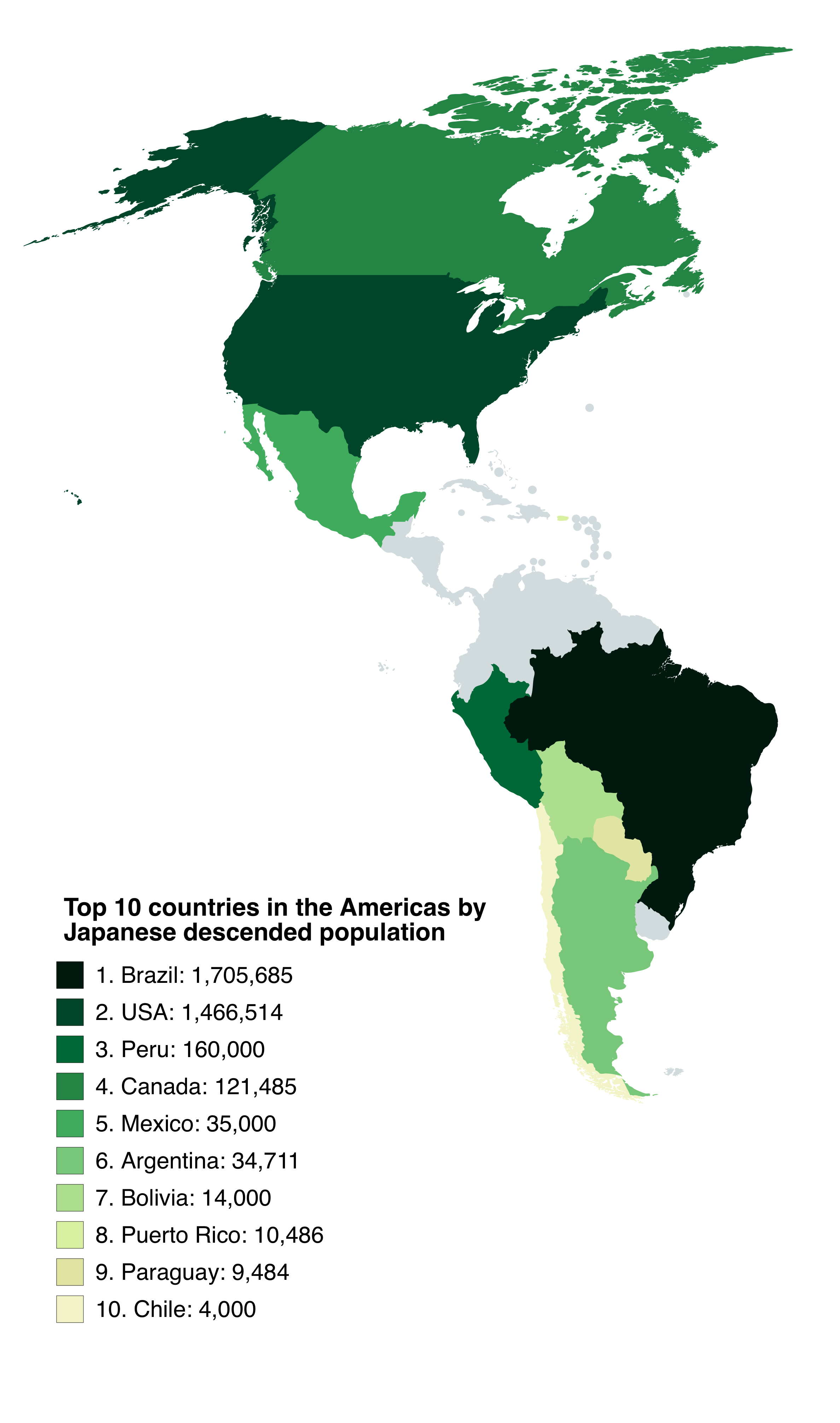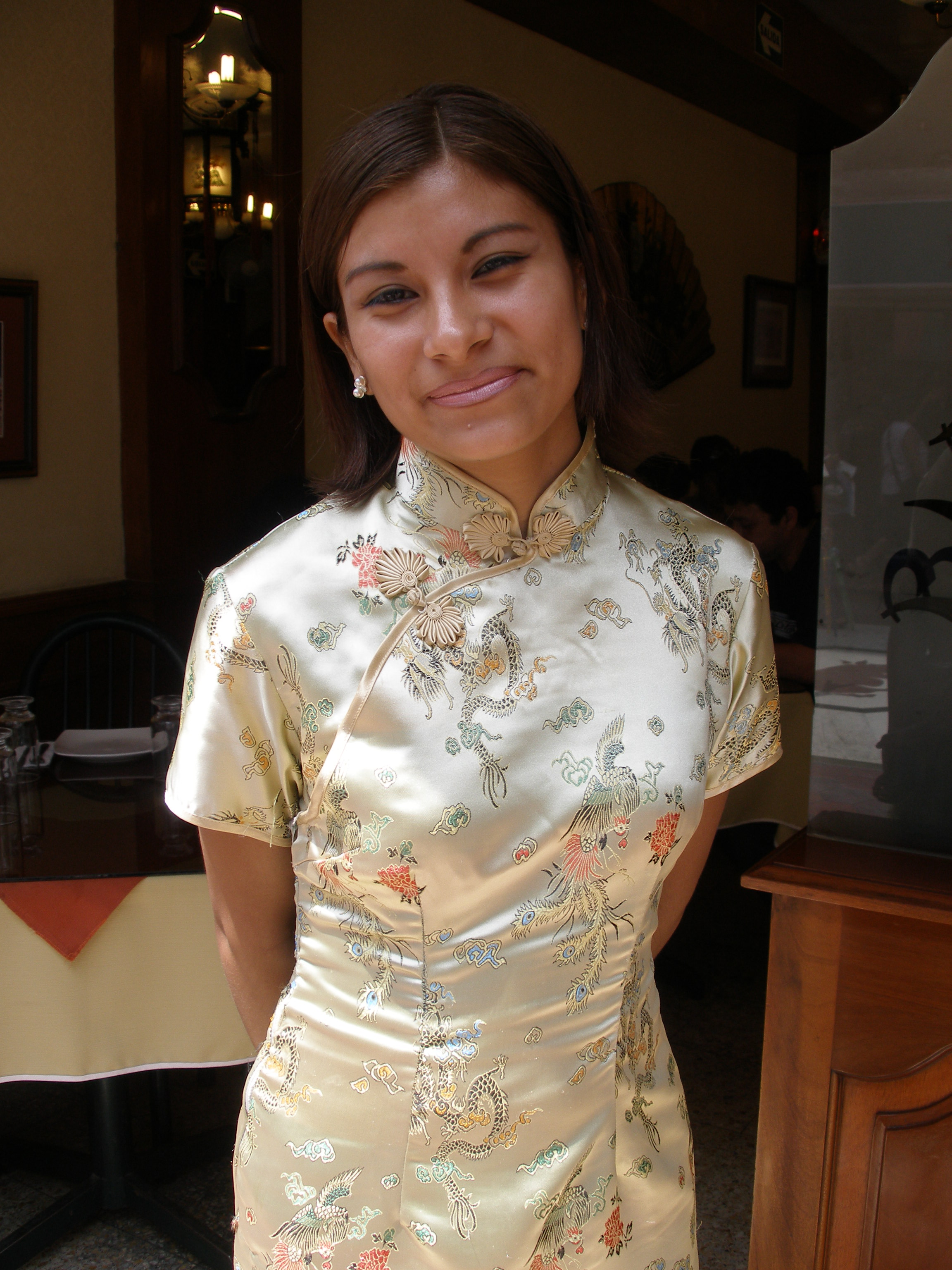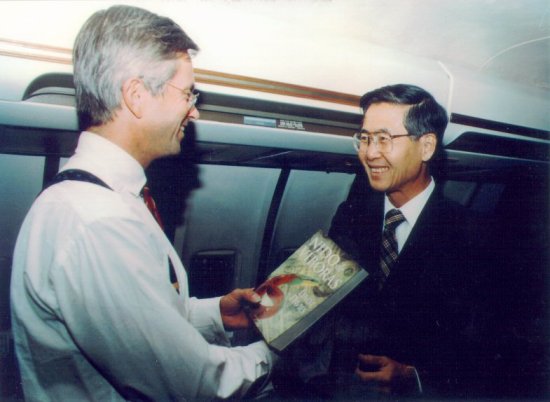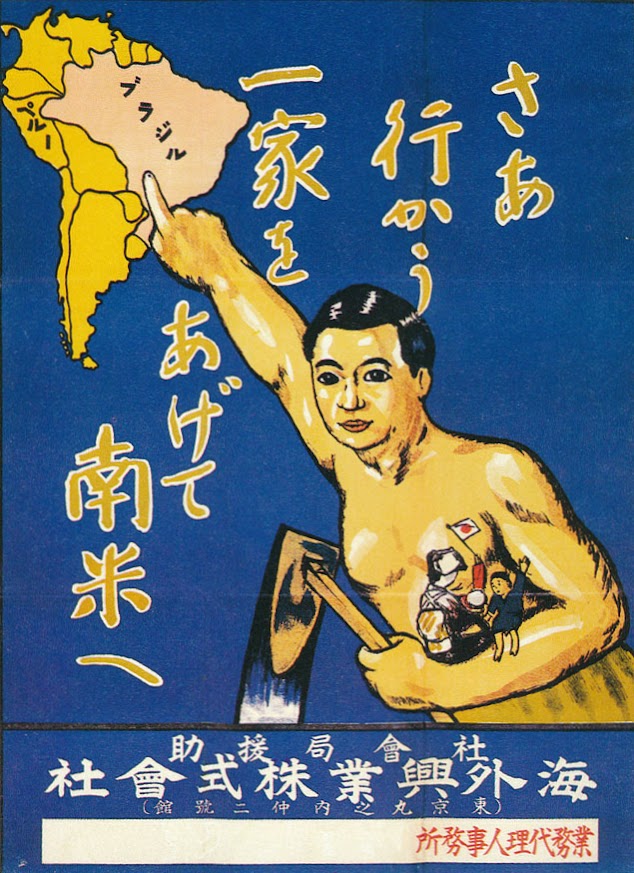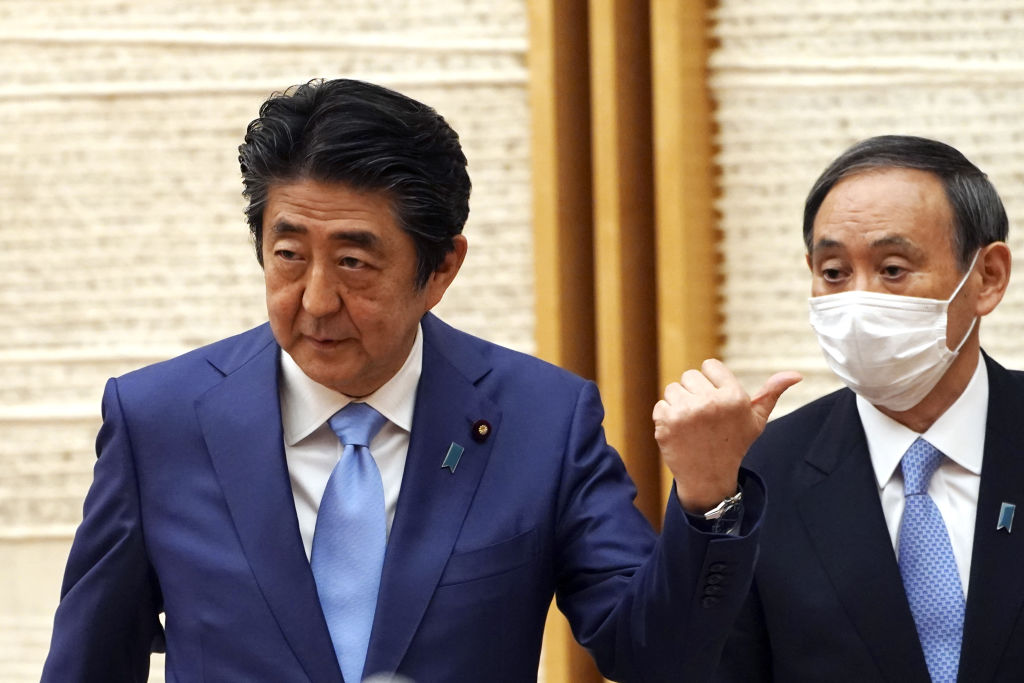Japanese Population In Peru
These recent chinese immigrants make peru currently the home of the largest ethnically chinese community in latin america.

Japanese population in peru. Peru has the second largest population of japanese people in latin america after brazil and the largest population of chinese people in latin america. Peru was the first south american country to establish ties to japan. In wwii japanese peruvians were sent to internment camps in the united states en mass their property was confiscated.
The history of japanese migrants and their descendants in peru a community that today numbers more than 100000 people and is one of the countrys most dynamic began 120 years ago with the. Asian peruvians primarily chinese and japanese constitute some 487 of perus population. Peru has the second largest population of people of japanese descent in latin america after brazil and the largest population of chinese descent in latin america.
Historic communities inhabited by people of chinese descent are found throughout the peruvian upper amazon including cities such as yurimaguas nauta iquitos and the north. Notably alberto fujimori peru scandal hit president from 1990 to 2000 was of japanese descent. The vast majorityestimated at roughly 300000were from brazil but there is also a large population from peru and smaller populations from argentina and other latin american countries.
Most japanese in peru were not as economically deprived as the majority of the population. The bulk of perus asian population is descended from chinese and japanese immigrants. It was also the first south american country to accept japanese immigration 1899.
Japanese people were known for establishing small independent businesses and as a result they were able to become part of perus small middle class. The japanese population in australia was later replenished in the 1950s by the arrival of 500 japanese war brides. Nikkei perujin are peruvian citizens of japanese origin or ancestry.
Many chinese indonesians came to peru after anti chinese riots and massacres in those countries in the 1960s 1970s and late 1990s. Seventy percent of japanese peruvians live in lima. The city boasts a nikkei cultural center and museum and magazines and newspapers aimed at nikkei readers.
Many chinese peruvians left peru in the 1960s and 1970s. Peru has the second largest ethnic japanese population in south america brazil has the largest and this community has made a significant cultural impact on the country today constituting approximately 14 of the population of peru. The source used in the box above gives figures of both 1 and 3 of the population.
The japanese community in peru has become a notable middleman minority.


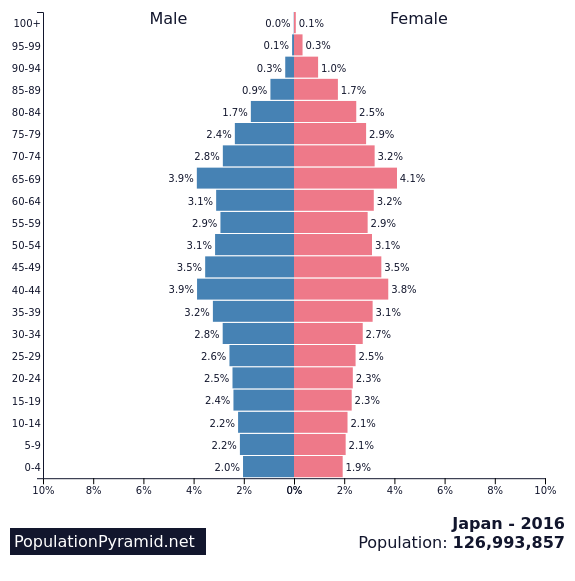



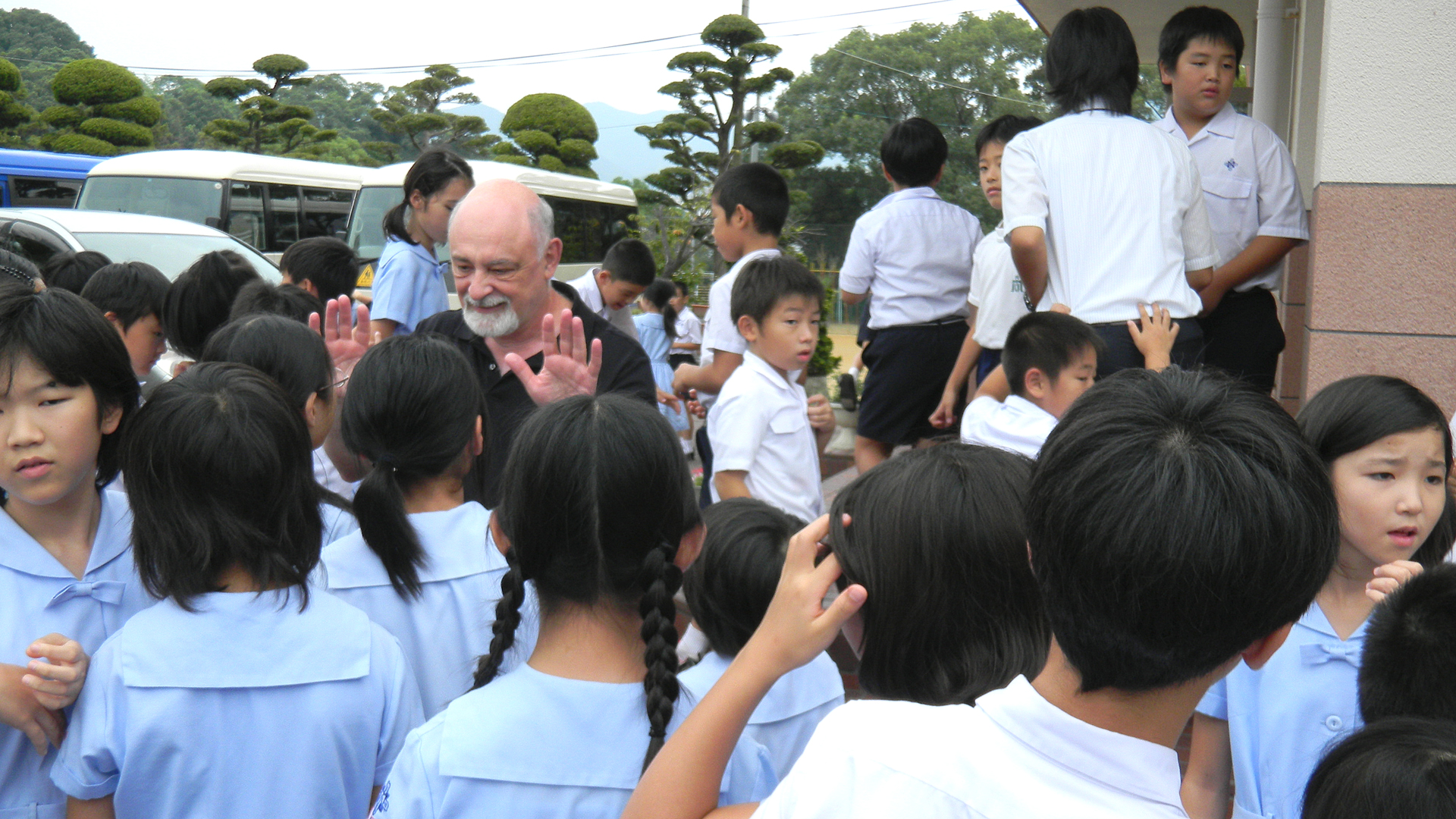
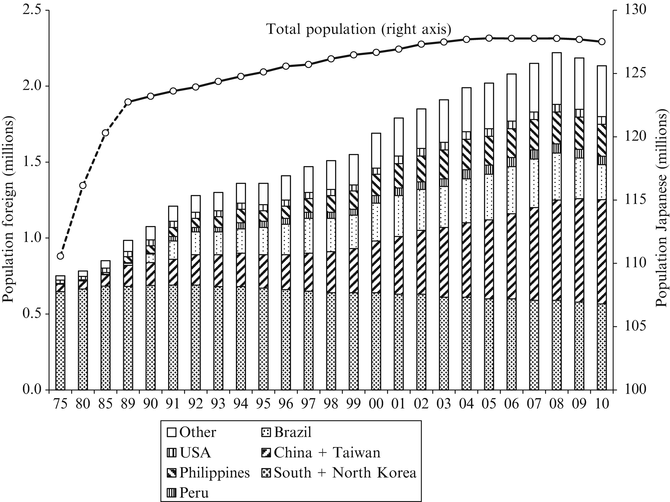




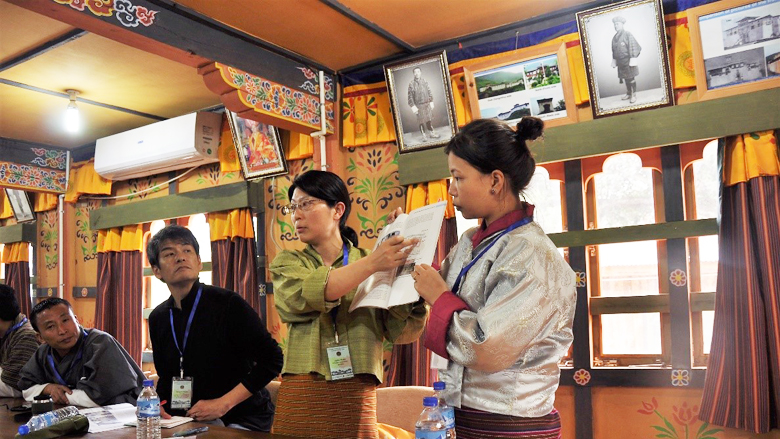





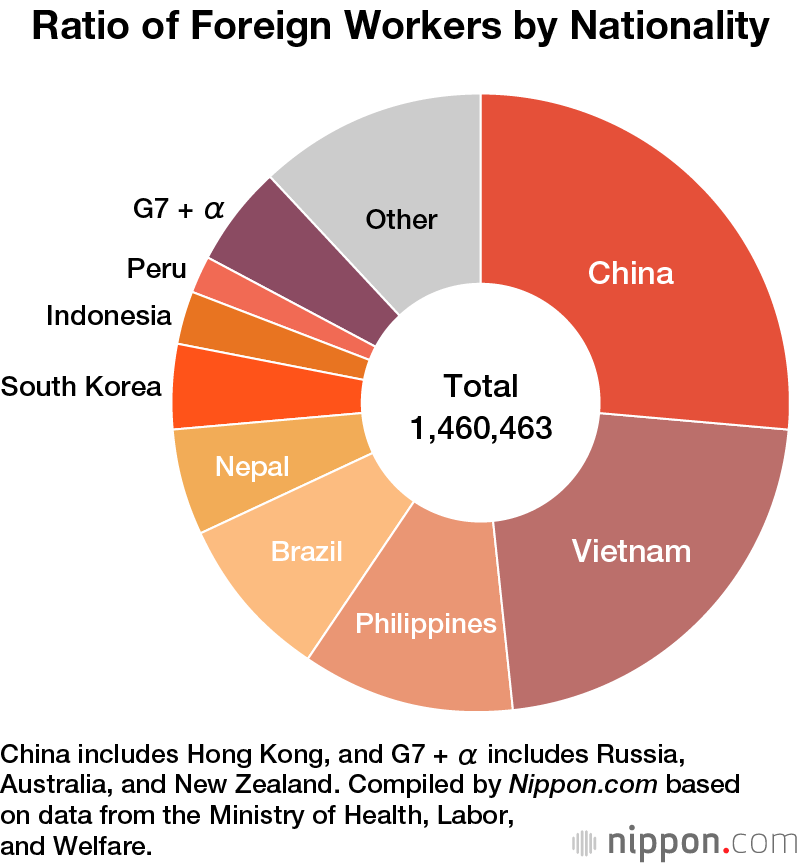


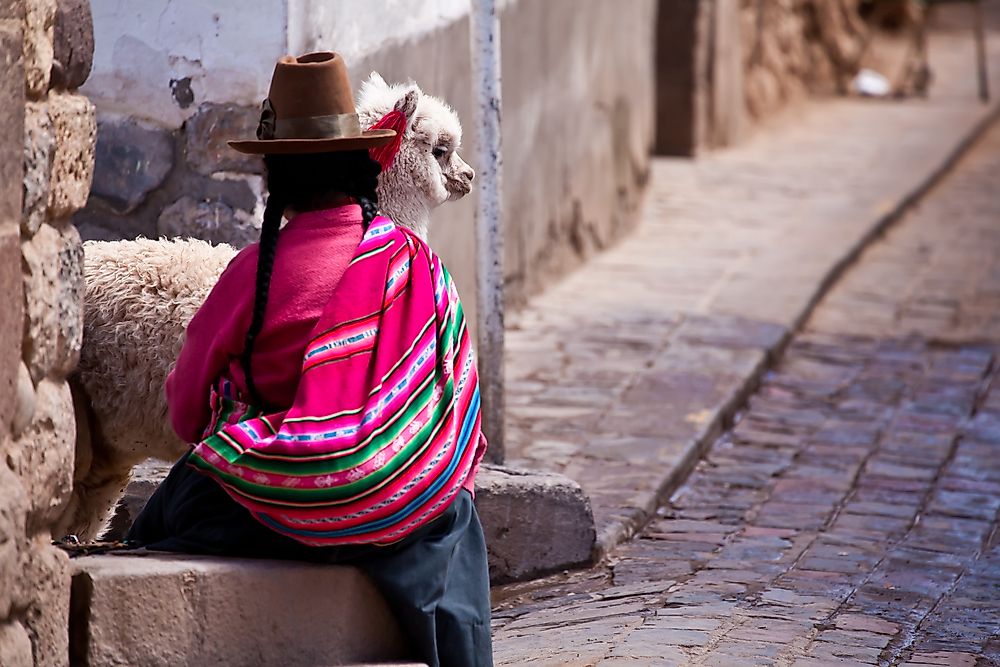

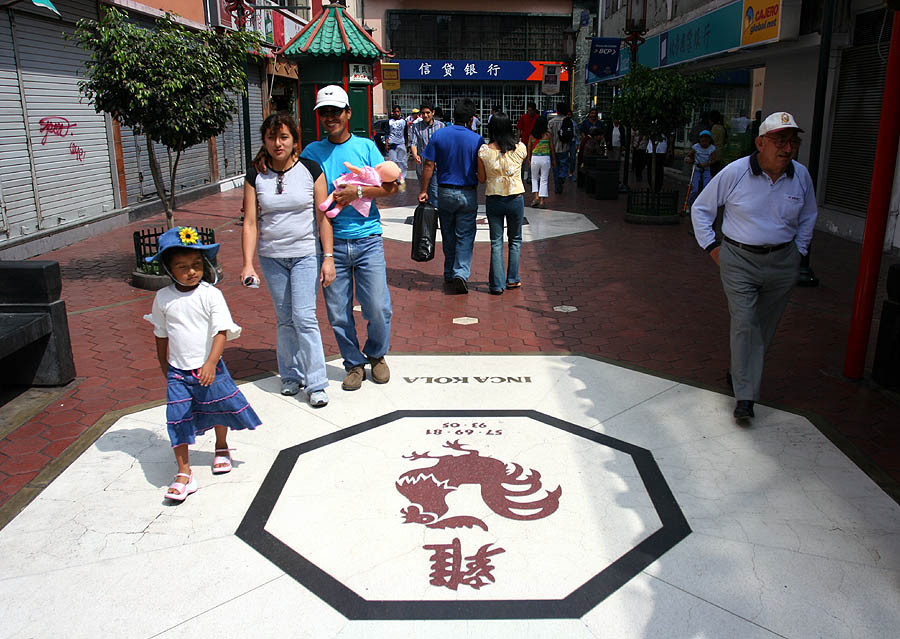
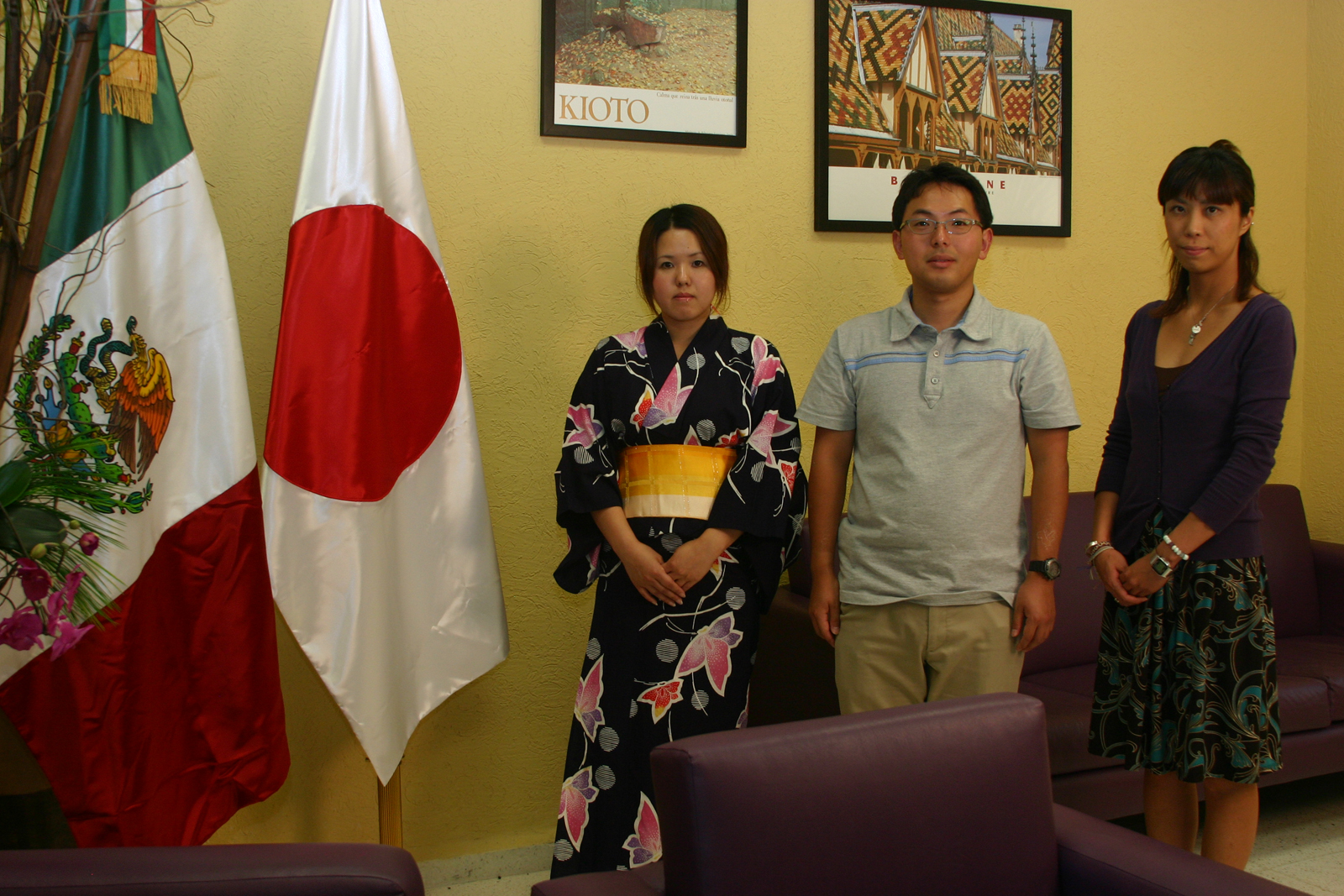





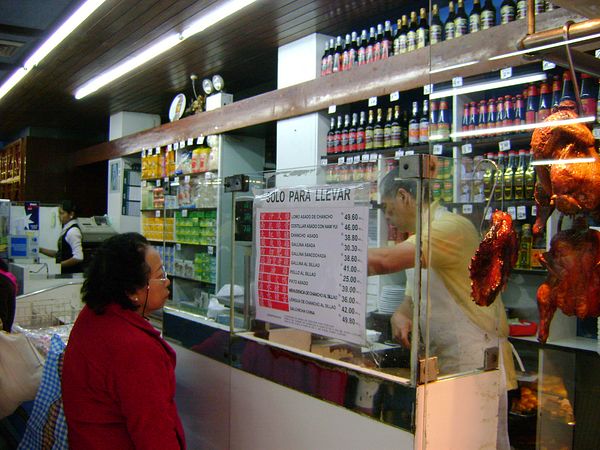


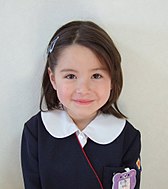


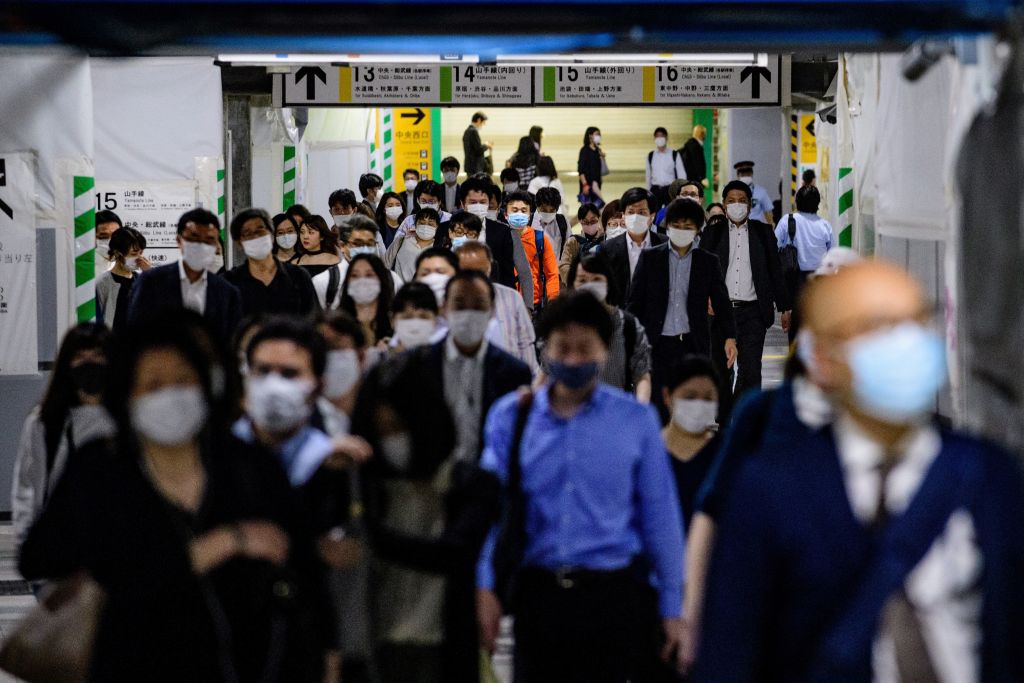


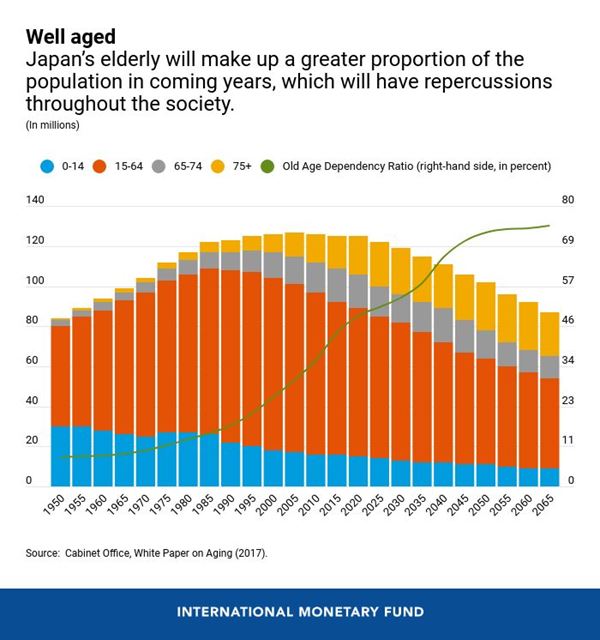


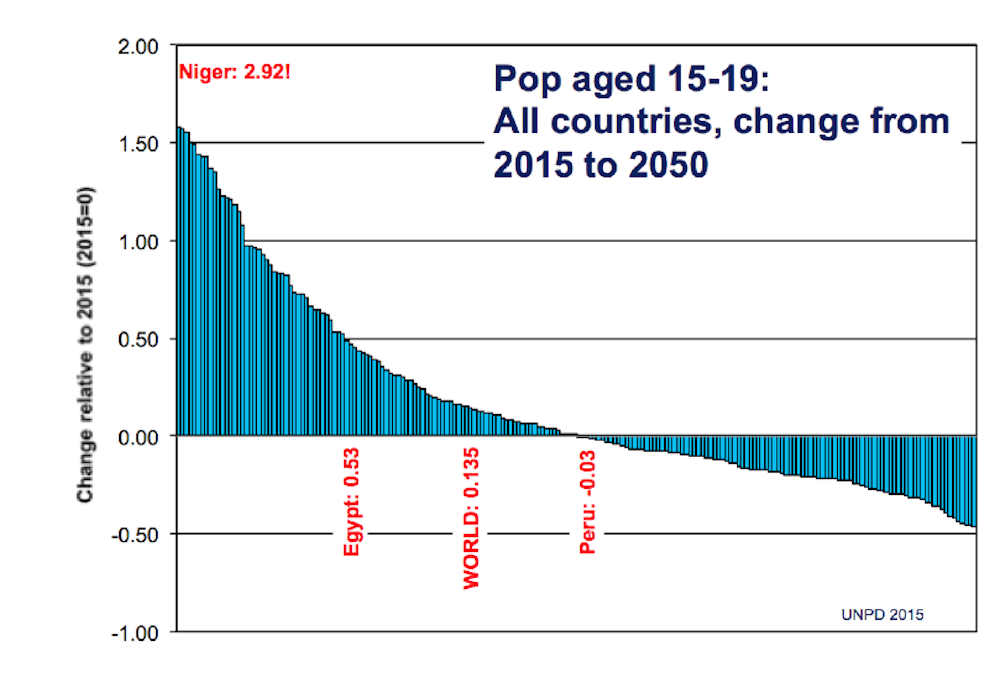


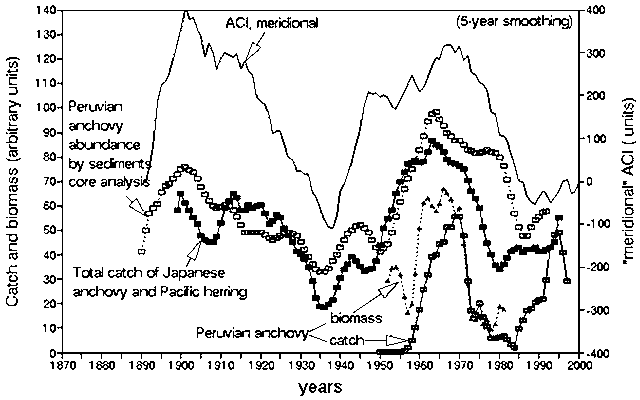


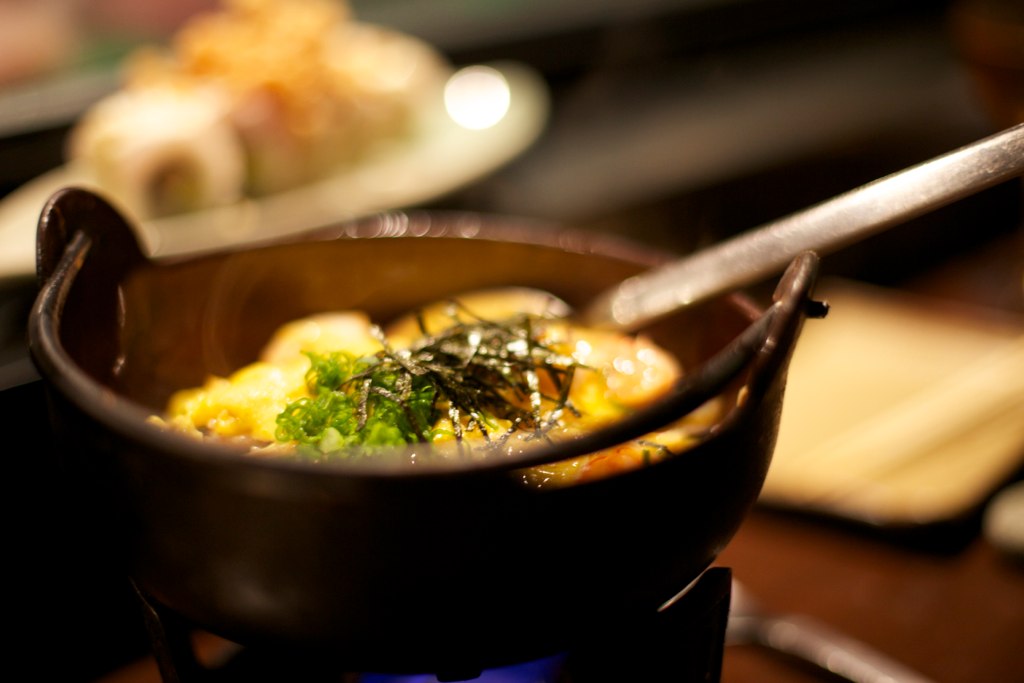














/cdn.vox-cdn.com/uploads/chorus_asset/file/13756969/Tiradito_matsuri.jpg)
